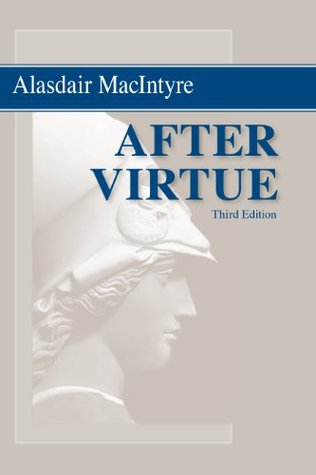Moreover any precept designed to secure our happiness would be an expression of a rule holding only conditionally; it would instruct to do such-and-such, if and insofar as doing such-and-such would in fact lead to happiness as a result. Whereas Kant takes it to be the case that all genuine expressions of the moral law have an unconditional categorical character. They do not enjoin us hypothetically; they simply enjoin us.
Welcome back. Just a moment while we sign you in to your Goodreads account.


